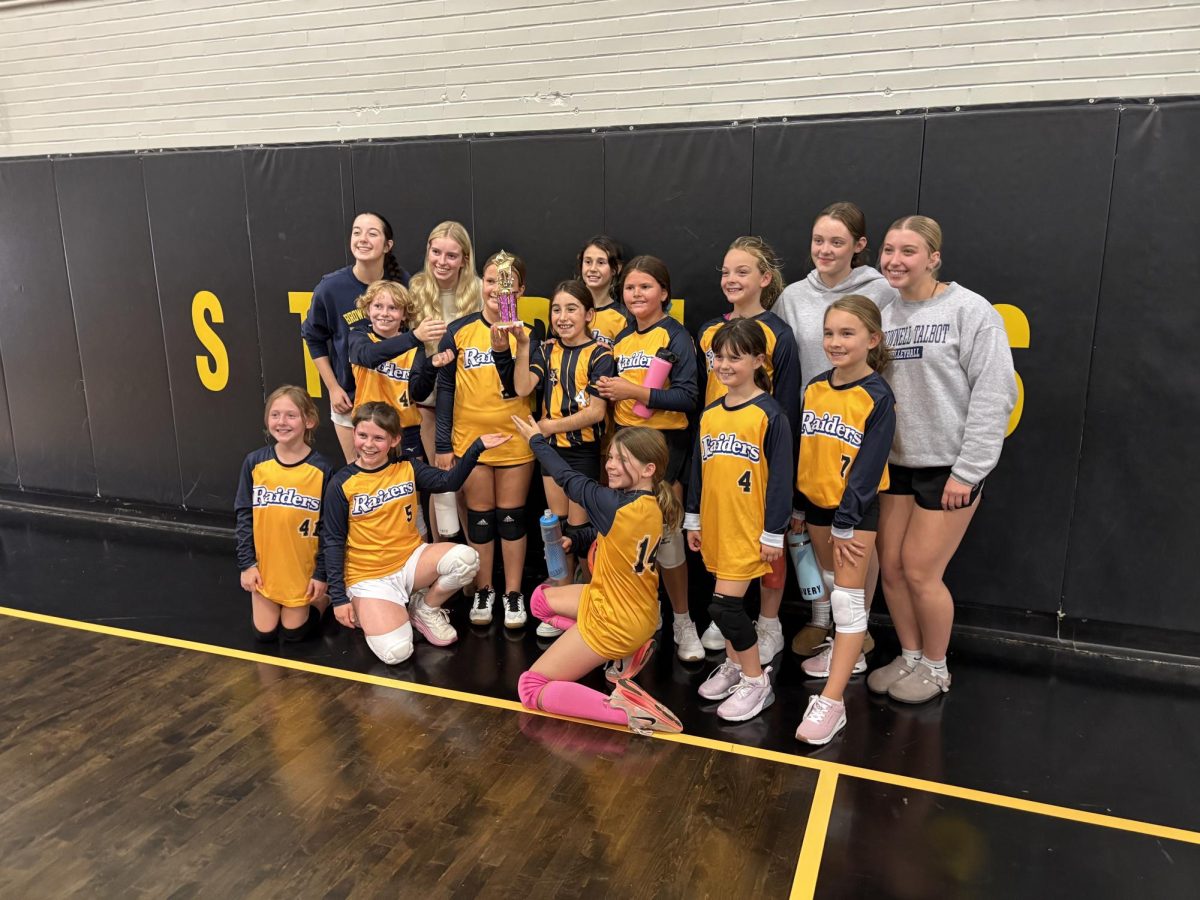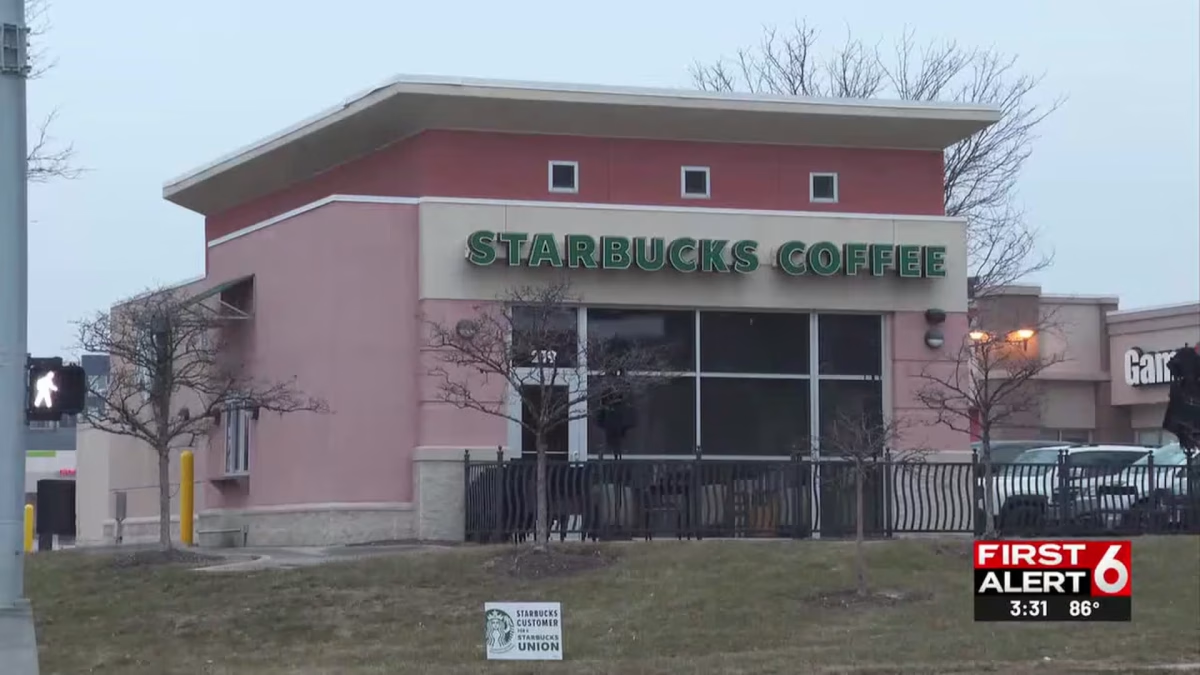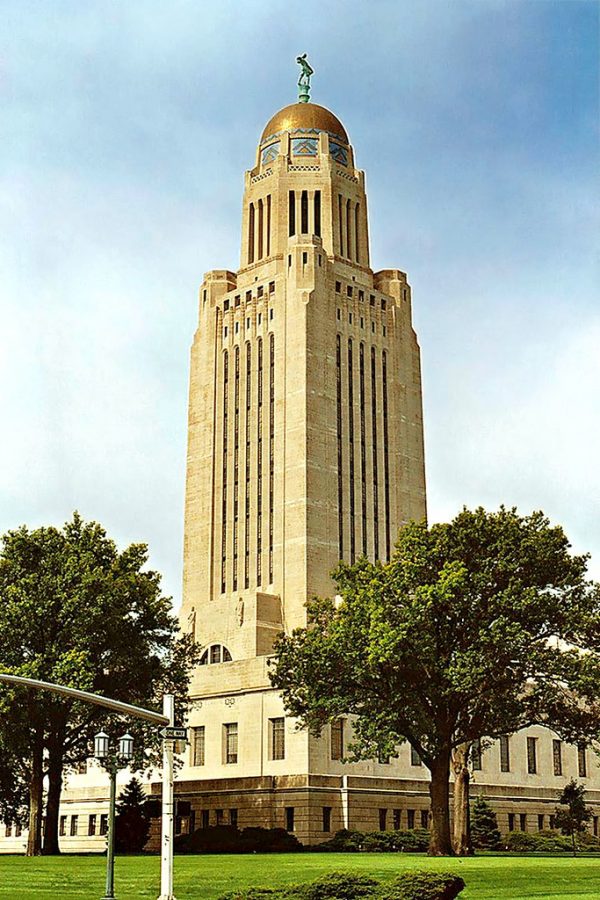All Politics Is Local
The Nebraska Unicameral prepares to address a wide range of issues in the upcoming legislative session.
“Nebraska State Capitol, Lincoln” by StevenM_61 is licensed under CC BY-NC-ND 2.0
While many BT students might have Christmas and New Years marked down on their calendars, there’s another date that should be added: January 5th, 2022. That is the day that the Nebraska Unicameral will convene to begin its 2022 legislative session. Every year, Nebraska’s legislature holds its first meeting in January. This year, those meetings will last until May. The state legislature makes decisions on a wide range of complex issues, and many of those issues are immediately relevant to the lives of Nebraska high school students.
However, the 2022 legislative session is poised to be unlike other previous sessions, especially due to the influx of American Rescue Plan Act (ARPA) Funds, which are funds provided to state, local, and tribal governments that have been impacted by COVID.
Senator Megan Hunt has represented Nebraska’s 8th Legislative District, which includes Dundee and Benson, since 2018. In an interview with Verbatim staff, she explained that, “Whenever there’s extra funding available, things can get unpredictable in the state legislature.” Additional funding, such as the ARPA funds, can spark disagreement among representatives about the best course of action for spending. 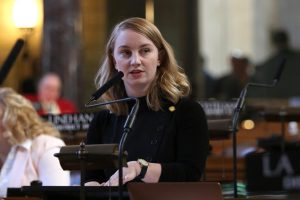 When asked about her priorities in this legislative session, Senator Hunt cited expanding access to food assistance for Nebraskans with drug convictions, ensuring LGBT equality, raising the minimum wage for tipped workers, and attracting and retaining talent. Senator Hunt said that she would like to see funds distributed fairly and in a way that improves people’s quality of life.
When asked about her priorities in this legislative session, Senator Hunt cited expanding access to food assistance for Nebraskans with drug convictions, ensuring LGBT equality, raising the minimum wage for tipped workers, and attracting and retaining talent. Senator Hunt said that she would like to see funds distributed fairly and in a way that improves people’s quality of life.
Similar to Senator Hunt, Senator Brett Lindstrom believes that the large amount of available funding will play an important role in the upcoming legislative session. Senator Lindstrom has represented Nebraska’s 18th Legislative District in Northwestern Omaha. He explained in an interview that the current funding is the most he has seen since he began serving in the Nebraska Senate in 2014, and he said, “the Appropriations Committee will have many requests and there will be substantial debates on where and who will receive these funds.” 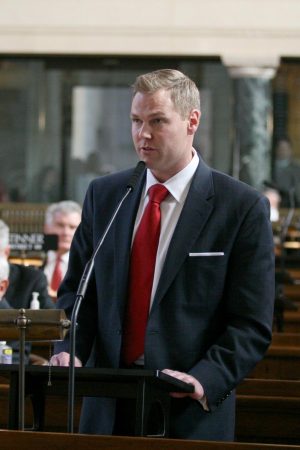 When asked what Senator Lindstrom would expect to be the most important issues/decisions for this legislature, he cited “how to spend the federal ARPA funds, tax reform, roads improvements and rural broadband proposals.”
When asked what Senator Lindstrom would expect to be the most important issues/decisions for this legislature, he cited “how to spend the federal ARPA funds, tax reform, roads improvements and rural broadband proposals.”
Senators Hunt and Lindstrom both mentioned talent retention in Nebraska as a major priority for this legislative session. Senator Lindstrom explained that he “would like to see Nebraska be the place that high schoolers would like to stay and spread their roots.” Senator Hunt shares this sentiment, saying that she wants to make sure that “Nebraska is a state where young people want to stay when they graduate and where young professionals want to move.” Of course, Nebraska’s talent retention efforts are especially relevant for high school graduates who may be looking to leave the state. As talent retention efforts increase, so do the incentives for staying in Nebraska for school and work.
Like Senators Hunt and Lindstrom, Senator Tony Vargas also explained that ARPA funds will play a significant role in this year’s legislative process during an interview. Senator Vargas represents Nebraska’s 7th District, which covers downtown and southeastern Omaha.
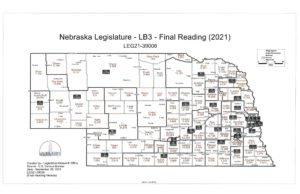
In addition to ARPA funds, Senator Vargas believes that Nebraska’s recent redistricting, and the resulting changes to many of his colleagues’ district boundaries, may lead to his fellow Senators representing new constituents with different views and priorities. Senator Vargas also emphasized the role of the legislature for young Nebraskans, citing a bill he introduced in 2017, LB427, which provides support for mothers who are also students. Despite the diversity of beliefs present in Nebraska’s Senate, when asked about a goal that he has for this upcoming legislative session, he said that he is hopeful that the Unicameral will work together productively and civilly to best serve the needs and interests of every constituent in the state of Nebraska.
This is the Verbatim staff’s second interview with Senator Hunt. In our last story with her, we asked her about Nebraska’s distinctive legislative structure. The story can be found here.
With the increased federal funding for Nebraska will come debate; this may include debate about how to spend the funds and which areas of the state should receive the funds. However, we must remember that past disagreement, there is considerable promise and opportunity to both improve the lives of Nebraskans in the present and ensure a prosperous future for the state.
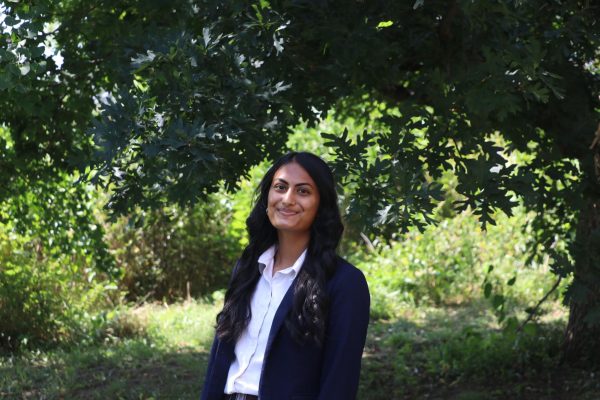
Tanya Bachu, a senior at Brownell Talbot, is entering her fourth year in journalism. She is also involved with the National Honor Society and Culture Club....





